
A questionnaire-based study from Saudi Arabia on sleep quality revealed that sleep-related disorders, such as obstructive sleep apnea, are relatively common in patients with Duchenne muscular dystrophy.

A questionnaire-based study from Saudi Arabia on sleep quality revealed that sleep-related disorders, such as obstructive sleep apnea, are relatively common in patients with Duchenne muscular dystrophy.

Findings from a cross-sectional survey revealed a significant association between depression and a diagnosis of myotonic dystrophy, and that symptoms impacting quality of life are more common in neuromuscular disorders.
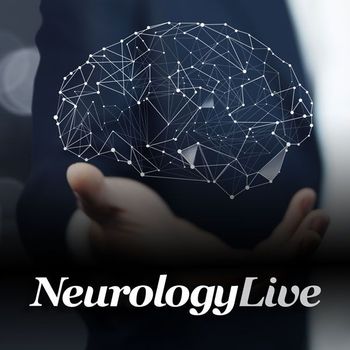
A study on ALS progression suggested that tollgate-related prognostic factors have a stronger effect on the time trajectories of passing ALS tollgates in comparison with standard prognostic factors.

The professor of neurology and pediatrics at the University of Rochester Medical Center provided insight on the emerging therapies and advancements for treating patients with Duchenne muscular dystrophy.
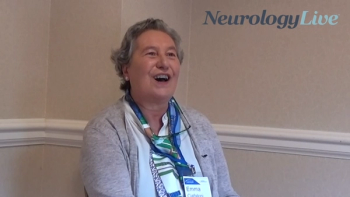
New Treatments for Duchenne Muscular Dystrophy: Emma Ciafaloni, MD The professor of Neurology and Pediatrics at University of Rochester Medical Center discusses the new and future treatments for Duchenne muscular dystrophy. [WATCH TIME: 4 minutes]

Results from pilot program using a VR-based platform suggest medical trainees may benefit from further VR training to gain a complete baseline knowledge of treating lower limb spasticity with onabotulinumtoxinA.

A nonrandomized pilot study demonstrated high adherence rates and acceptability ratings with tele-yoga breathing in patients with ALS, proving that it is a safe and feasible practice.
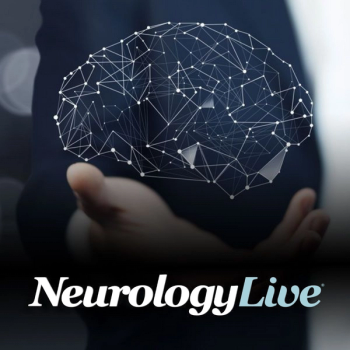
Adults with myasthenia gravis who contracted COVID-19 were at twice the risk of hospitalization, ICU admission, and death based on data from a recent population-based study.
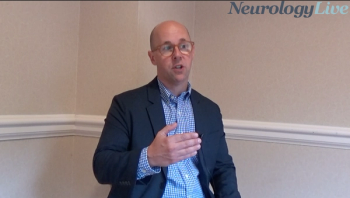
The clinical professor of neurology at the University at Buffalo provided insight on the advances in treatment options for patients with myasthenia gravis over the past few decades. [WATCH TIME: 3 minutes]

In an investigation on the effect of treatment with efgartigimod on humoral immune responses to COVID-19 vaccination, the immunization resulted in antigen-specific IgG responses in most patients.

Brian Callaghan, MD, MS, associate professor at the University of Michigan, discussed his presentation at AANEM 2022 on changing the treatment paradigm for painful diabetic neuropathies.

Test your neurology knowledge with NeurologyLive®'s weekly quiz series, featuring questions on a variety of clinical and historical neurology topics. This week's topic is the history of the American Association of Neuromuscular & Electrodiagnostic Medicine.

Findings from retrospective study show that repetitive nerve stimulation is a highly sensitive and specific test for the diagnosis of myasthenia gravis in an inpatient setting, with its results being more rapidly available in comparison with antibody testing.
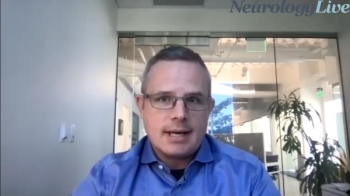
The chief development officer at Clene Nanomedicine provided insight on why CNM-Au8, an investigational agent in development, has shown positive results across both multiple sclerosis and ALS. [WATCH TIME: 2 minutes]

Among a surveyed cohort of patients with myasthenia gravis, 75% reported that their work was impacted, and 27% of respondents claimed they lost wages as a result of MG.
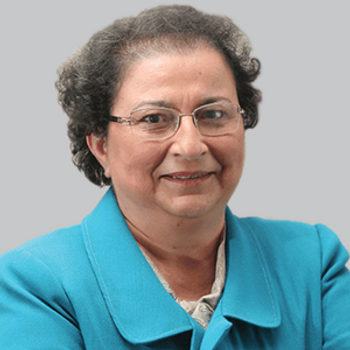
Eplontersen treatment resulted in a significant reduction in transthyretin, neuropathy impairment, and improvement in quality of life in the phase 3 NEURO-TTRansform study of patients with hereditary transthyretin amyloidosis.

Minimal symptom expression, demonstrated by scores of 0 to 1 on MG-ADL, was observed in more than 25% of both rozanolixizumab groups compared with 3.0% of those on placebo.
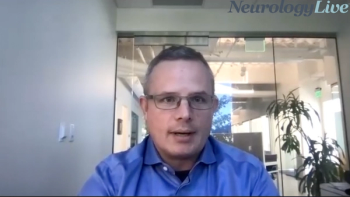
The chief development officer at Clene Nanomedicine provided insight on the mechanistic function of CNM-Au8 and how it improves survival in patients with ALS. [WATCH TIME: 3 minutes]

Investigators concluded that those receiving avalglucosidase alfa should be tested for antidrug antibodies by physicians who treat Pompe disease and monitor antidrug antibody, according to a recent Sanofi investigation.

ADAPT+ study data on antiacetylcholine receptor antibody-negative patients with generalized myasthenia gravis found improvements in cycle baseline and efficacy with Efgartigimod.
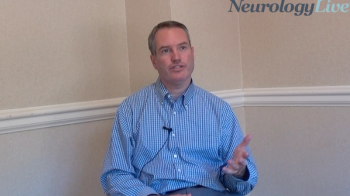
The associate professor at the University of Michigan provided insight on new guidelines to treat painful diabetic neuropathy. [WATCH TIME: 2 minutes]

More than 85% of the individuals who continued givosiran (Givlaari; Alnylam) through the 36-week open-label extension were attack free in the final 3 months of treatment.
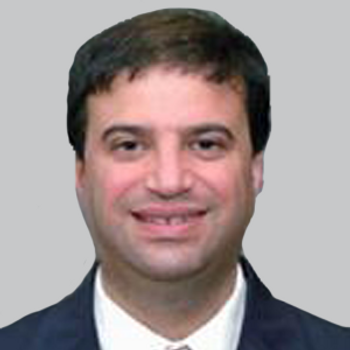
From the pre-COVID period to 6 weeks after vaccination, the reporting rate of GBS was significantly different, regardless of whether Brighton criteria was applied to the analysis. The authors noted that passive surveillance limitations warrant further analysis.

Results from phase 2 RESCUE-ALS trial show that treatment with CNM-Au8 in ALS demonstrated improvement in survival compared to the estimated median survival rate.

The phase 3 study, paused at US sites by the FDA, seeks to enroll 154 individuals with generalized myasthenia gravis, both seropositive and seronegative.

After 12 weeks of treatment with zilucoplan 0.3 mg/kg, almost three-fourths of patients demonstrated at least a 3-point reduction in Myasthenia Gravis Activities of Daily Living scores.

Most ambulatory patients had improved pulmonary functions and biomarker outcomes with cipaglucosidase alfa/miglustat that were sustained through a less than 36-month follow-up period.

A trial conducted in Japan showed better functional outcomes for patients with large cerebral infarctions treated with endovascular therapy than those treated with medical care alone, but had more intracranial hemorrhages.

A study presented at the MDS Congress 2022 found an association between migraine and the incidence of Parkinson disease in the middle-aged and older population.

Results from a pooled analysis extend and support the safety and the tolerability of the use of incobotulinumtoxinA for the treatment of adults with neurological disorders.